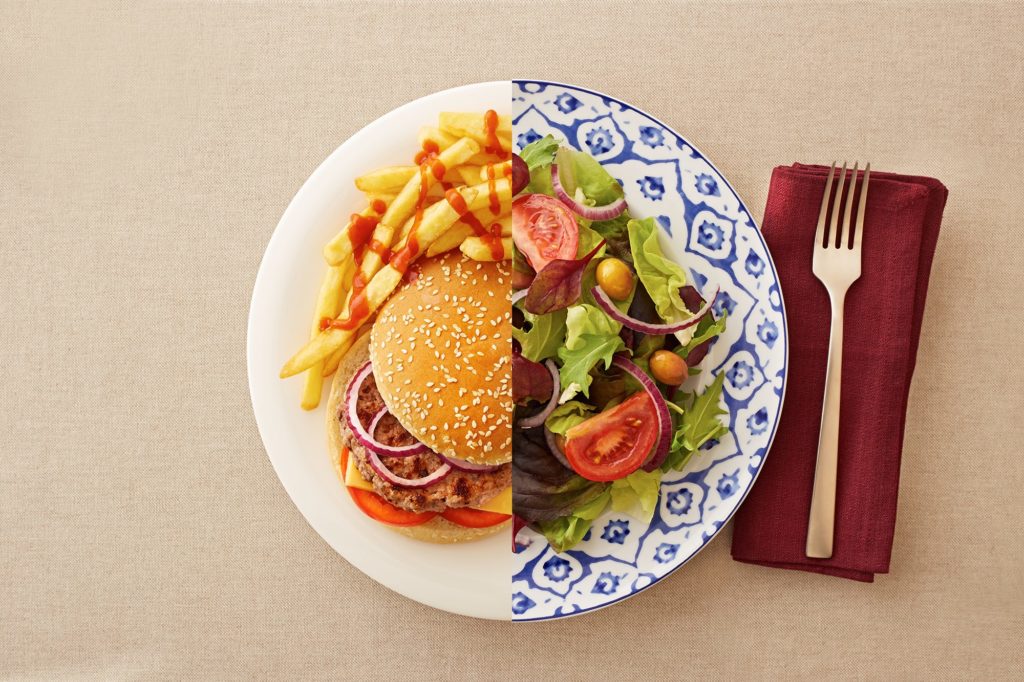Insulin is one of the most misunderstood hormones. Too much of it can turn your body into a fat-building machine. Too little of it and you will go into a coma and possibly die.
A full understanding of insulin will help you counteract its fat-building effects. Insulin is produced and stored in the pancreas. When you eat starches, sugars and other carbohydrates, they are broken down (digested) to simple sugars in the intestine. The pancreas senses this sugar in the gut, and releases insulin into the bloodstream. The job of insulin is to signal muscle and other body cells (including our fat cells) to absorb the sugar. Under the best of cases, you eat just enough carbohydrates to meet your needs at the moment. If you use up the sugar as you eat it, you won’t have excess sugar to send into storage.
If you eat too many carbohydrates, your pancreas releases loads of insulin, which tells your cells that large amounts of sugars are on the way. The sugars that are not immediately burned are diverted into storage: the building of fat. Simply put, eating too many sugars and other carbohydrates causes the production of fat in fat cells.
Over time, with repeated overeating of carbohydrates (sugar) your cells start to partially ignore the effects of insulin, and your body will have to release even more insulin to have the same effect. This is called insulin resistance, and eventually Type 2 Diabetes. The persistent blood sugar elevation in diabetes causes blood vessels to clog, leading to strokes, heart attacks, blindness and kidney failure.
So what does this have to do with losing weight? The key to weight loss success is to control your insulin, specifically, keeping insulin as low as possible. Here are the key points:
Keep carbohydrates to a minimum. This will cause your body to make and release less insulin, and therefore reduce the building of fat. When looking at a food label, we believe anything over 25 grams of carbohydrates per serving is generally considered too high.
Get at least 7 hours of sleep. Sleep deprivation causes increased blood sugar and results in more insulin secretion.
Regular cardiovascular exercise (walking, running, biking, etc.) causes your body to use sugars immediately, this bypasses and suppresses insulin and reduces fat storage. Sitting a lot and lack of activity causes the opposite.
Eating just prior to bedtime, especially carbs, causes you to store fat while sleeping. In general, we burn most of our fat while sleeping, unless we overwhelm or body with sugars. You’ll lose an important opportunity to burn fat.
